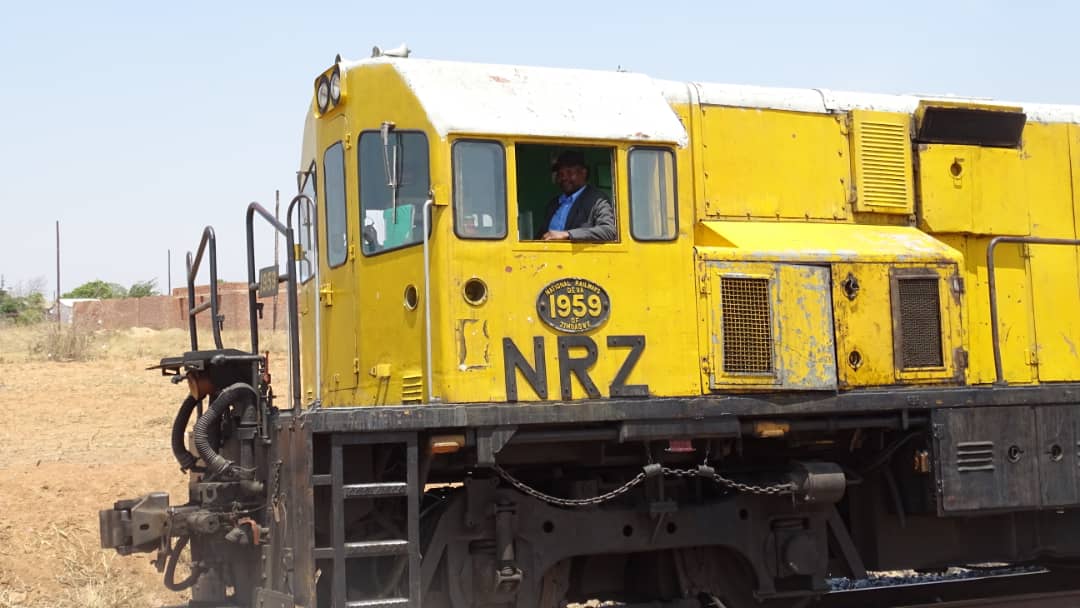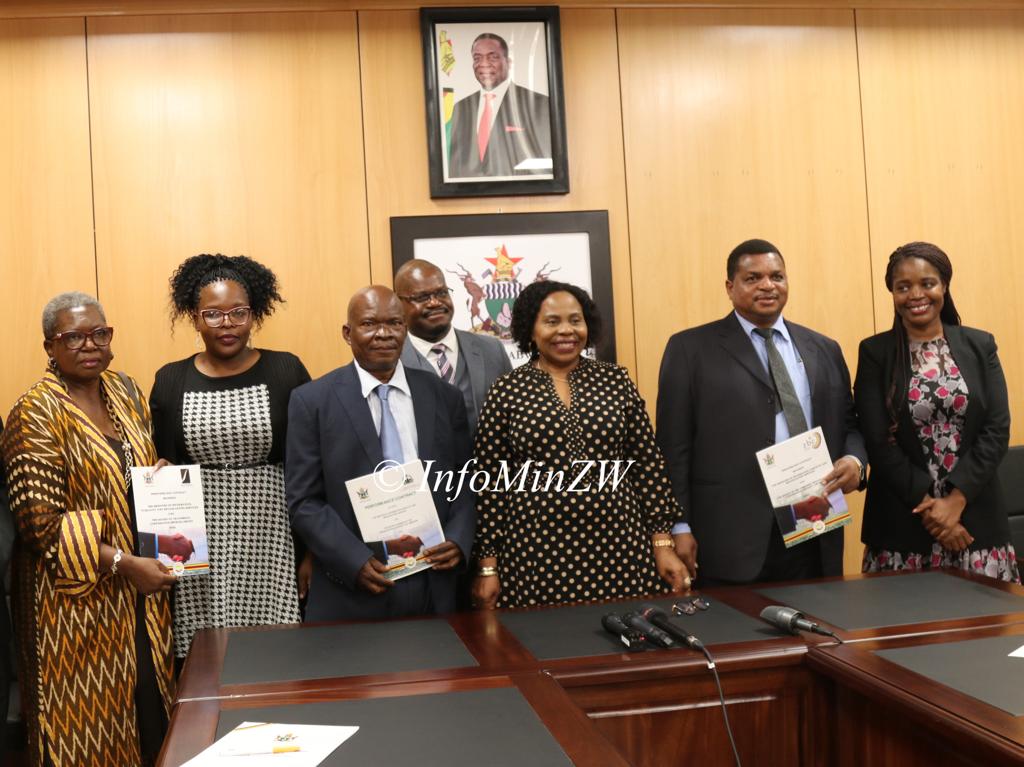Turkish firm completes NRZ due diligence
Share

Bulawayo (New Ziana) – The National Railways of Zimbabwe (NRZ) has said a due diligence exercise on an investment deal with a Turkish company had been concluded, and a report on this will be out soon.
The NRZ inked a Memorandum of Understanding (MOU) in 2021 with the Turkish company, Yapi Merkezi for possible investment in the modernisation of its rail system to world standards.
According to the MOU, the Turkish firm was to bankroll the project and provide expertise for repairing rail tracks across the country.
It also included Yapi Merkezi financing acquisition of new coaches and wagons.
In an interview with New Ziana, NRZ public affairs manager, Andrew Kunambura said the parastatal was waiting for the due diligence report to move forward on the project.
“What I can say for now is due diligence was concluded in the Turkish deal while other deals are still at negotiating stage,” he said.
Kunambura added that the NRZ was now waiting to be furnished with a report by Yapi Merkezi on its due diligence findings.
He could not say, however, when the NRZ would get the report.
The parastatal has been knocking on the doors of many potential investors in recent years, pitching various investment projects in an attempt to modernize its services and operations.
Among the projects earmarked are provision of passenger coaches and freight wagons and upgrading and expansion of the rail system itself.
In 2019, NRZ struck a deal with a Russian firm for the supply of locomotives and wagons, but it is unclear what the status of the agreement is.
A similar deal was also clinched with South Africa-based Diaspora Infrastructure Development Group, and Transnet in 2016, valued at US$420 million.
The agreement with the South African companies was later annulled by government.
Lack of investment, particularly in freight wagons and the rail system, has affected the NRZ badly over the last two decades, reducing its cargo carrying capacity from an average 18 million tonnes per year in peak years, to just three million tonnes now.
On the other hand, the parastatal has had to suspend commuter passenger services in cities due to faulty railway equipment.
New Ziana







